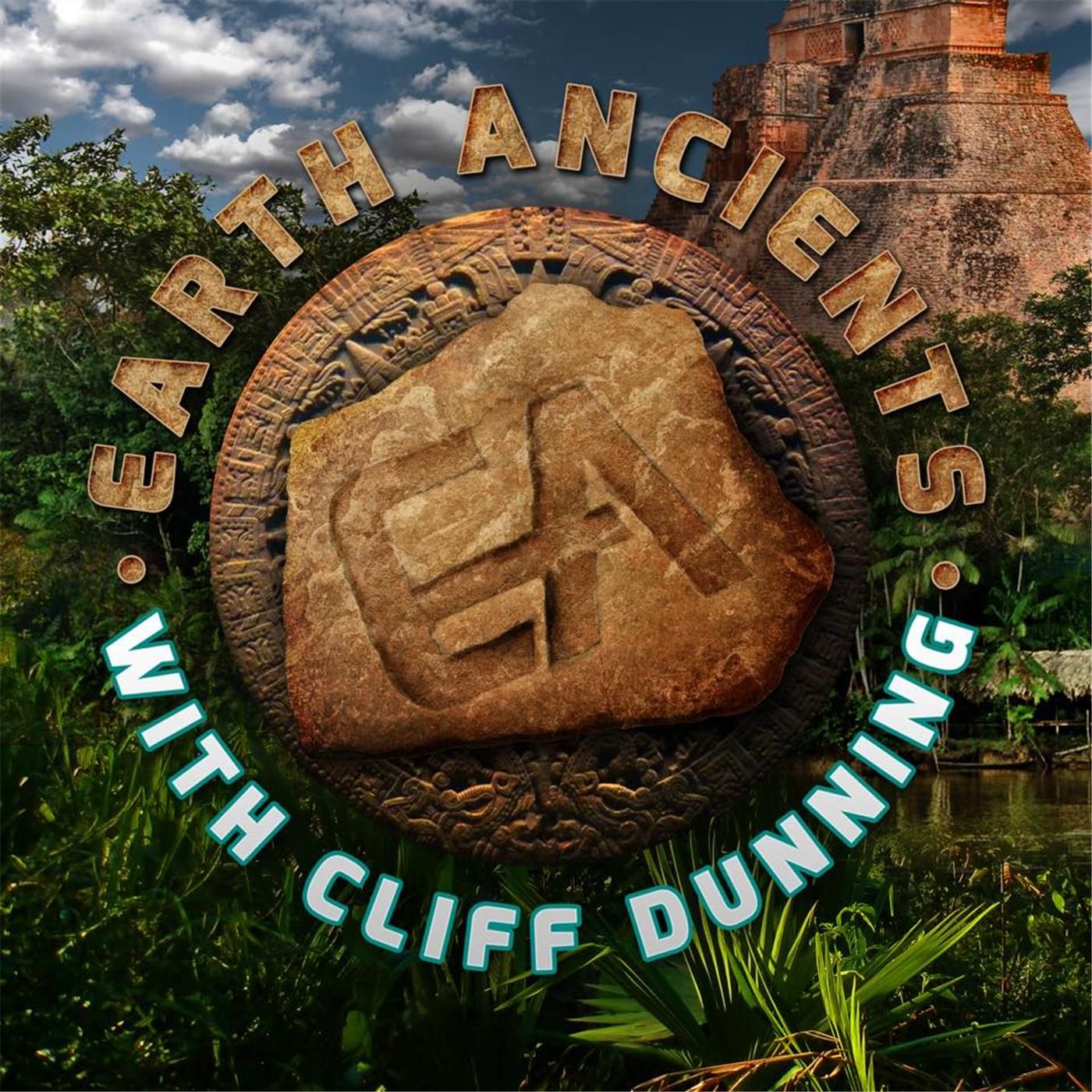- History
- SEE MORE
- classical
- general
- talk
- News
- Family
- Bürgerfunk
- pop
- Islam
- soul
- jazz
- Comedy
- humor
- wissenschaft
- opera
- baroque
- gesellschaft
- theater
- Local
- alternative
- electro
- rock
- rap
- lifestyle
- Music
- como
- RNE
- ballads
- greek
- Buddhism
- deportes
- christian
- Technology
- piano
- djs
- Dance
- dutch
- flamenco
- social
- hope
- christian rock
- academia
- afrique
- Business
- musique
- ελληνική-μουσική
- religion
- World radio
- Zarzuela
- travel
- World
- NFL
- media
- Art
- public
- Sports
- Gospel
- st.
- baptist
- Leisure
- Kids & Family
- musical
- club
- Culture
- Health & Fitness
- True Crime
- Fiction
- children
- Society & Culture
- TV & Film
- gold
- kunst
- música
- gay
- Natural
- a
- francais
- bach
- economics
- kultur
- evangelical
- tech
- Opinion
- Government
- gaming
- College
- technik
- Jesus
- Health
- movies
- radio
- services
- Church
- podcast
- Education
- international
- Transportation
- Other
- kids
- podcasts
- philadelphia
- Noticias
- love
- sport
- Salud
- film
- and
- 4chan
- Disco
- Stories
- fashion
- Arts
- interviews
- hardstyle
- entertainment
- humour
- medieval
- literature
- alma
- Cultura
- video
- TV
- Science
- en
Destiny: Dr. Stephanie Seneff, Toxic Legacy

Named a \u201cBest Book of the Year\u201d by\xa0Kirkus Reviews\u201cUrgent and eye-opening, the book serves as a loud-and-clear alarm.\u201d\u2015The Boston GlobeNamed an "Outstanding Academic Title" by\xa0Choice\xa0From an MIT scientist, mounting evidence that the active ingredient in the world\u2019s most commonly used weedkiller is contributing to skyrocketing rates of chronic disease.Glyphosate is the active ingredient in Roundup, the most commonly used weedkiller in the world. Over 300 million pounds of glyphosate-based herbicide are sprayed on farms\u2015and food\u2015every year.Agrochemical companies claim that glyphosate is safe for humans, animals, and the environment. But emerging scientific research on glyphosate\u2019s deadly disruption of the gut microbiome, its crippling effect on protein synthesis, and its impact on the body\u2019s ability to use and transport sulfur\u2015not to mention several landmark legal cases\u2015tells a very different story.In\xa0Toxic Legacy, senior research scientist Stephanie Seneff, PhD, delivers compelling evidence based on countless published, peer-reviewed studies\u2015all in frank, illuminating, and always accessible language.
As Rachel Carson did with DDT in the 1960\u2019s with Silent Spring, Seneff sounds the alarm on glyphosate, giving you guidance on simple changes you can make right now and essential information you need to protect your health, your family\u2019s health, and the planet on which we all depend.\u201cA game-changer that we would be foolish to ignore.
Stephanie Seneff is a senior research scientist at MIT\u2019s Computer Science and Artificial Intelligence Laboratory. She has a bachelor\u2019s degree in biology with a minor in food and nutrition, and a master\u2019s degree, an engineer\u2019s degree, and a PhD in electrical engineering and computer science, all from MIT. For most of her career at MIT she was involved in the development of technology to support natural human-computer communication through spoken language. Since 2010, Dr. Seneff has shifted her research focus toward the effects of drugs, toxic chemicals, and diet on human health and disease, and she has written and spoken extensively, articulating her view on these subjects. She has authored over three dozen peer-reviewed journal papers on topics relating human disease to nutritional deficiencies and toxic exposures. She has focused specifically on the herbicide glyphosate and the mineral sulfur. Dr. Seneff splits her time between Hawaii and Massachusetts.
https://stephanieseneff.net/
Become a supporter of this podcast: https://www.spreaker.com/podcast/earth-ancients--2790919/support.